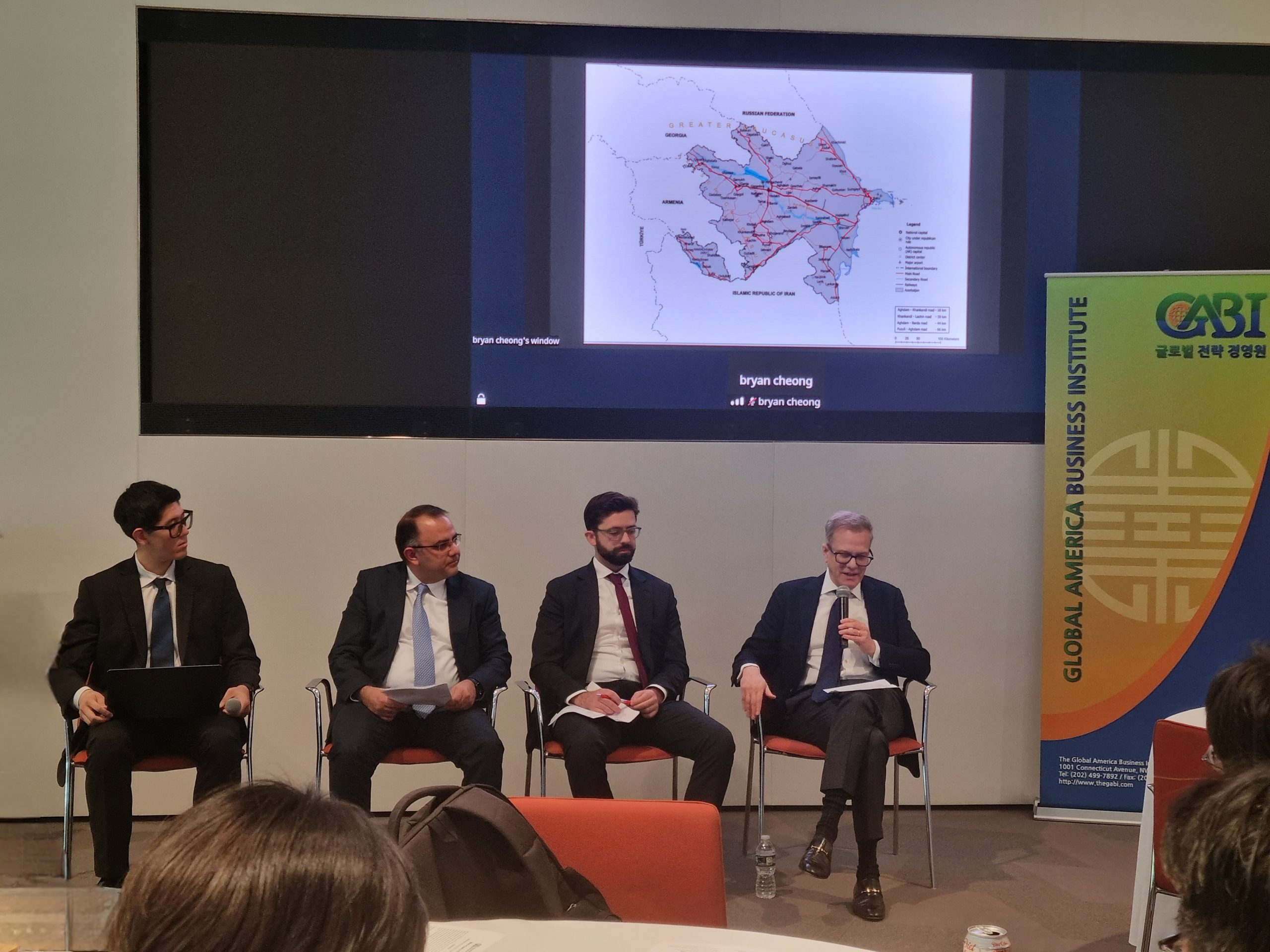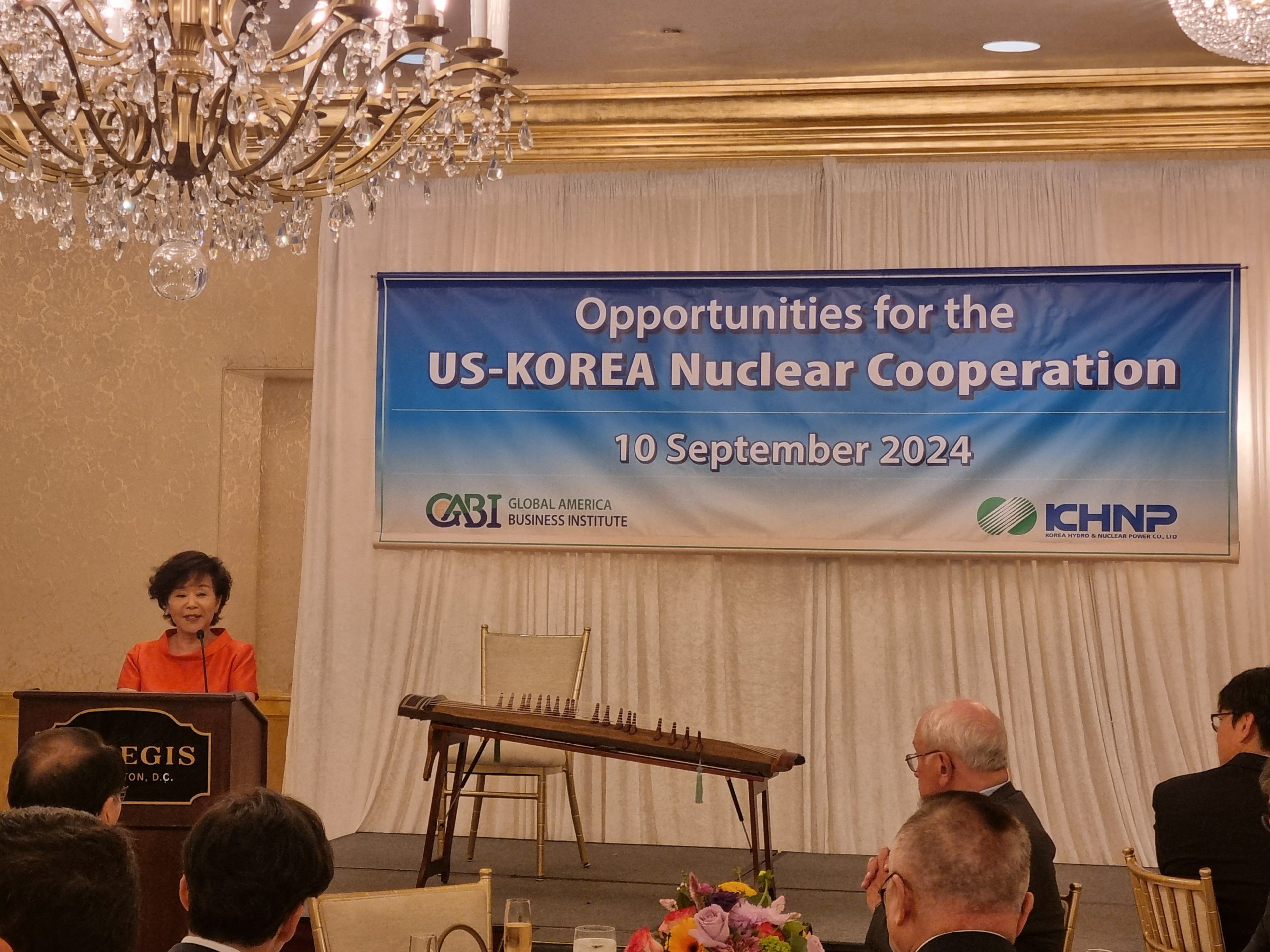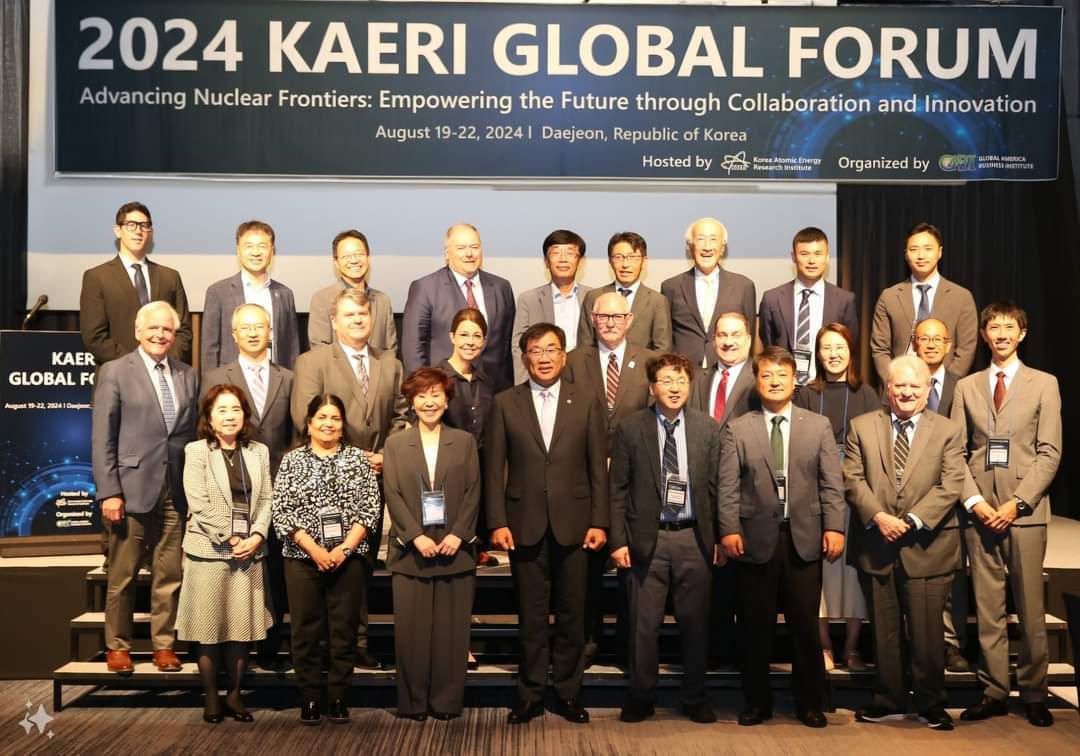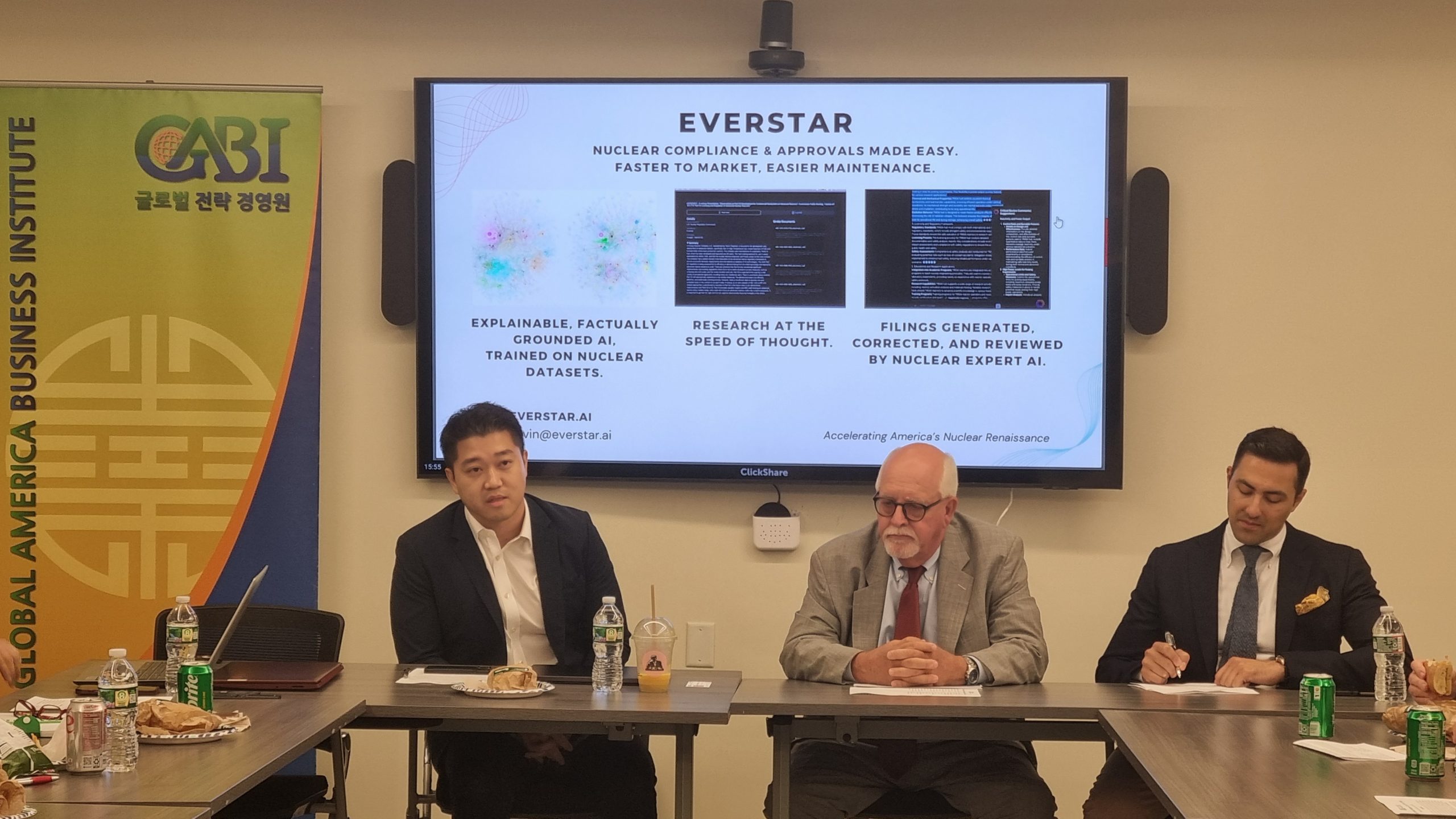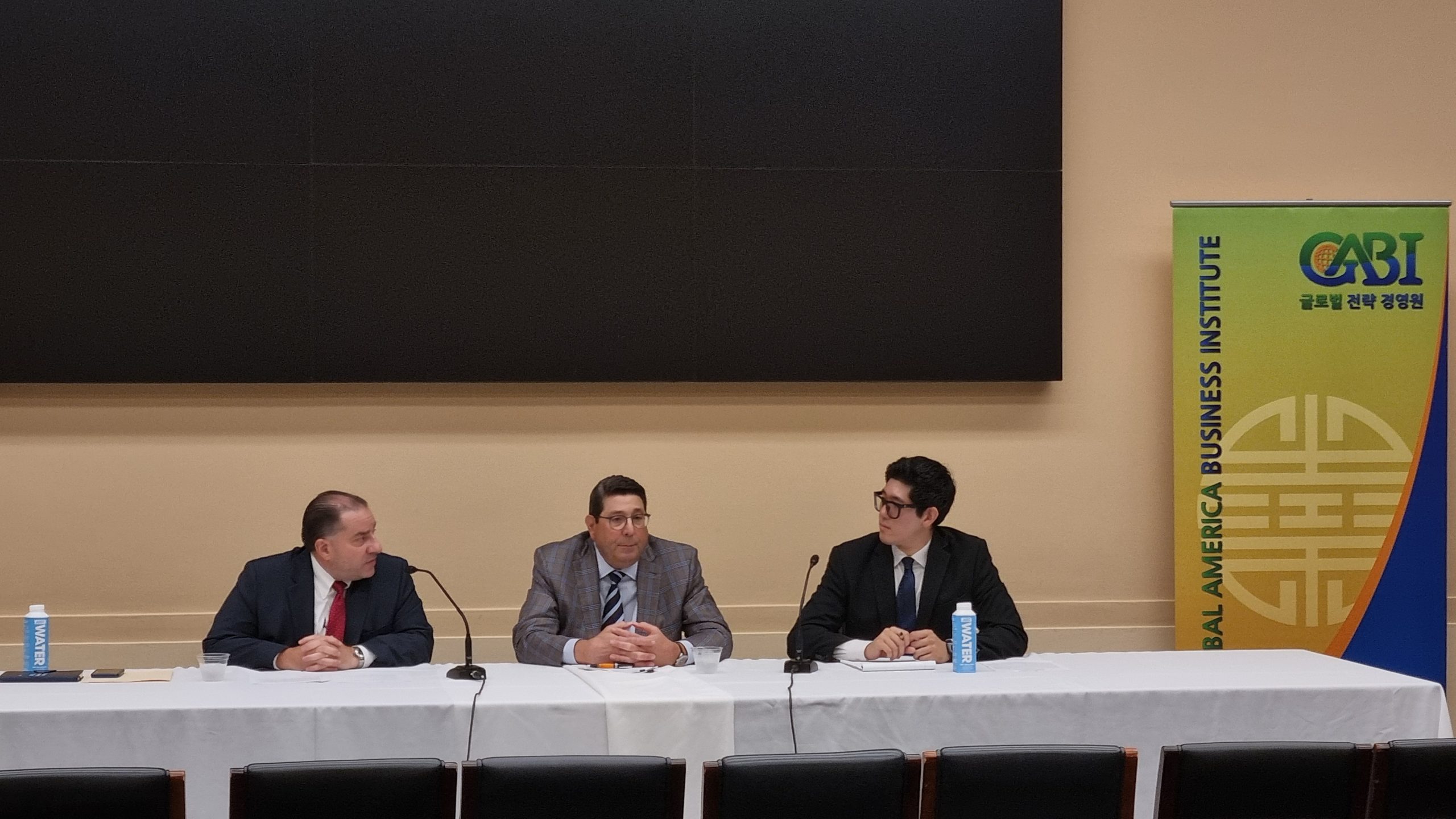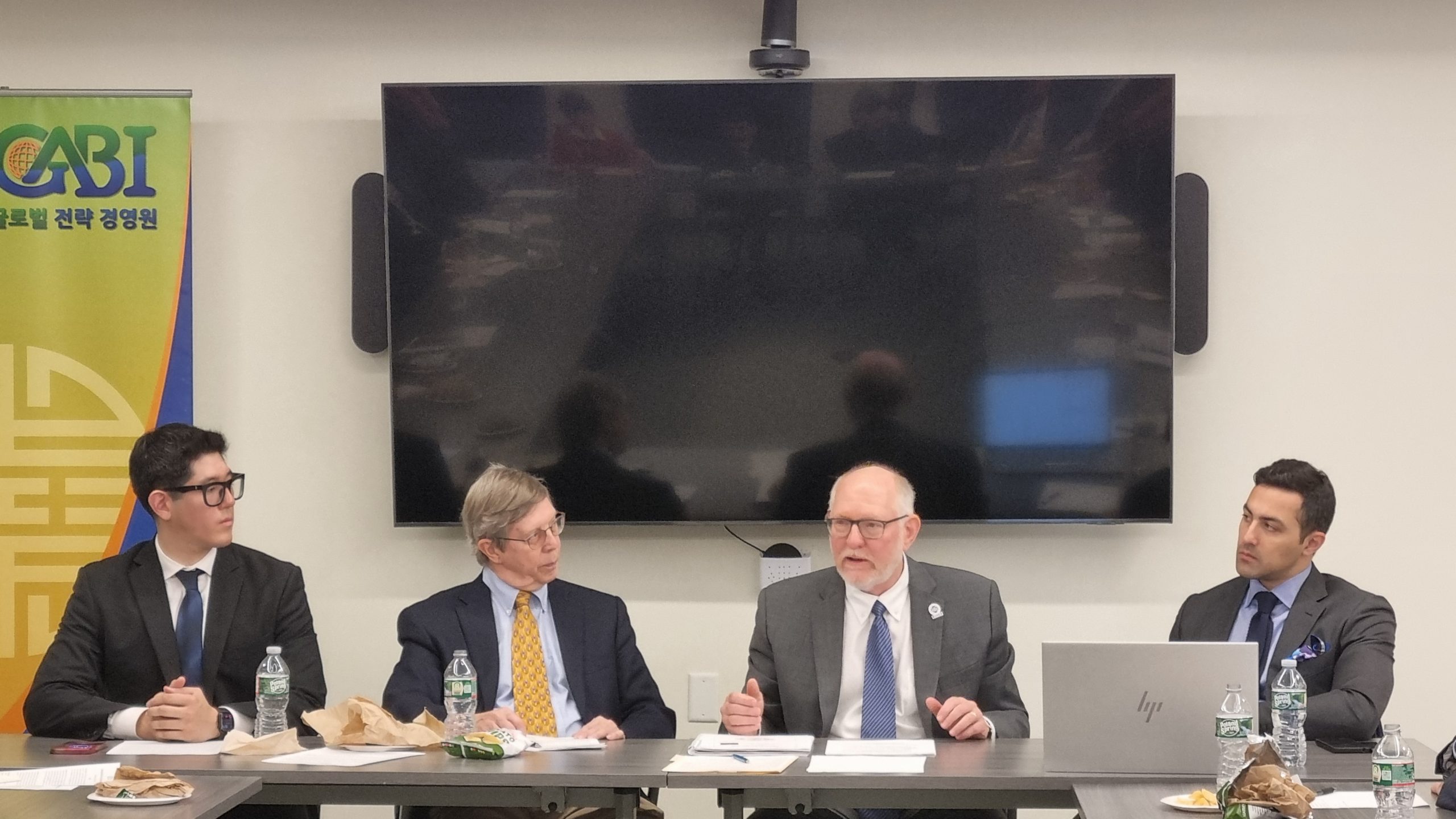While the US government has been obligated to collect and permanently dispose of commercial nuclear waste from American reactor sites under the Nuclear Waste Policy Act, it has yet to take possession of even an atom of this waste. Although the Blue Ribbon Commission on America’s Nuclear Future (BRC) was formed to address the government’s failure to fulfill such obligations, some experts assert that the BRC neglected two fundamental problems of the US nuclear waste management system – disconnect between waste producer and waste responsibility, and the lack of a real pricing mechanism. From the perspective of these experts, these systemic deficiencies would be most directly resolved by introducing market forces: specifically, having a new waste management entity set a definite price for services, but also giving the nuclear industry other options by allowing private sector provision of the same services. Provided that adequate safety regulations are maintained, efforts to privatize spent fuel management can encourage competition, economic rationality, recognition of value in spent fuel, and development of cutting-edge nuclear technologies, such as SMRs, thorium fuel cycles, and fast reactors. While the theoretical merits of privatization appear well-defined, a number of concerns remain, such as the inconceivably long time frames involved with nuclear waste disposal and the continual intrusion of politics. Nevertheless, a market-based methodology towards spent fuel issues presents a significant departure from traditional approaches that have thus far been unsuccessful in the US.












